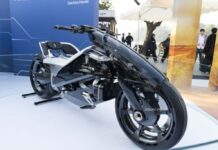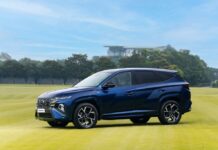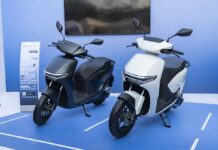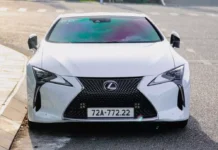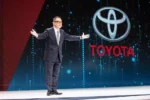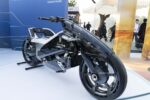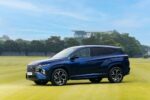In an interview with German magazine Auto Motor und Sport, CEO Ola Källenius revealed that the Stuttgart-based carmaker has made a “strategic adjustment” to prolong the lifespan of internal combustion engines, backtracking on their previous commitment to full electrification by 2030 “if market conditions allow.”
Källenius affirmed that modern gasoline engines integrated with electrification technology will be maintained longer than initially planned. Without providing a specific timeline, he argued that a dual strategy of electric and internal combustion engine vehicles is the “most sensible approach” given the slower-than-expected transition to electric cars.
“In the current situation, I believe the most sensible approach for a traditional car manufacturer is to pursue both technologies in parallel, not neglecting any avenue.”
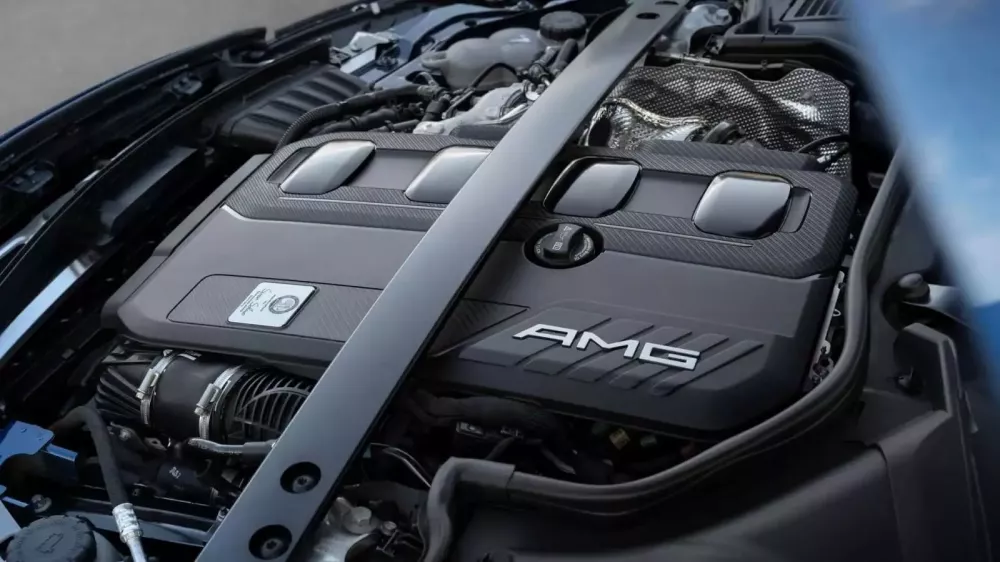
The world’s leading automakers’ retreat from ambitious electrification goals led to a misconception about a declining electric vehicle market. Despite Mercedes’ 23% sales drop in 2024, the global electric vehicle industry is growing. According to the International Energy Agency (IEA), electric vehicle sales rose over 25% last year, reaching 17 million.
BloombergNEF’s report, Electric Vehicle Outlook 2025, forecasts a 25% increase in electric vehicle and plug-in hybrid (PHEV) sales this year, reaching nearly 22 million. China is predicted to maintain its dominant position, accounting for almost two-thirds of global sales.
Similar to BMW and Audi, China is Mercedes’ largest market, despite a 7% dip last year, with a total of 683,600 vehicles sold, including gasoline and electric cars. Källenius explained that Chinese consumers view cars as more than just a means of transportation but also as a “second living space,” justifying Mercedes’ focus on cabin design with large displays.
The big three German luxury carmakers—Mercedes, BMW, and Audi—are expected to maintain their hybrid portfolios of electric and internal combustion engine vehicles until 2039. However, their plans for countries adhering to European Union regulations, which include a proposed ban on internal combustion engine sales by 2035, remain unclear. Some automakers are reportedly hoping for a delay in the ban, but there are no indications of any relaxation of the regulations as of yet.
The Electric Vehicle Revolution in Vietnam: The Great Acceleration in H2 2025
The Vietnamese automotive market is poised for a pivotal shift in the latter half of 2025, with a projected surge in the popularity of electrified vehicles. This includes a diverse range of electric vehicles (EVs), plug-in hybrid electric vehicles (PHEVs), and hybrid electric vehicles (HEVs) that are set to revolutionize the industry.
The Great Debate: Electric vs. Hybrid Cars – Who’s Cleaner? A Stirring Statement by Toyota’s Chairman.
“In a thought-provoking statement, Toyota’s Chairman, Akio Toyoda, sparked debate around the environmental impact of battery electric vehicles (BEVs). During an interview in April, he asserted, ‘The carbon emissions of 9 million BEVs are equivalent to those of 27 million hybrid vehicles.’ This bold claim invites scrutiny and discussion, challenging us to reconsider the assumptions around the sustainability of electric cars.”


